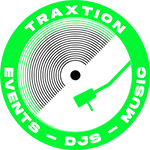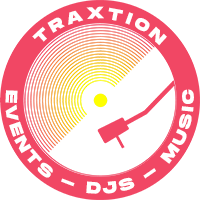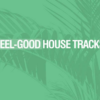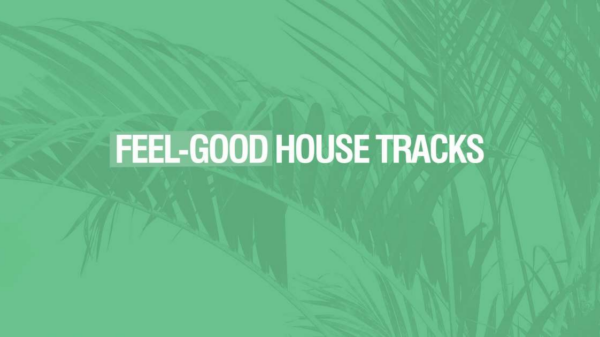What keeps people from playing music? For one thing, it’s hard. But why is it hard? In theory, it’s because theory is confusing. In practice, it’s largely because of accidentals, or notes that sound sour compared to the others because they aren’t from the same key or a complementary key.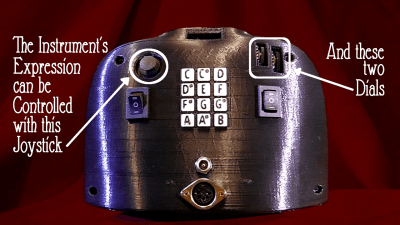 What if there were no accidentals? Instruments like this exist, like the harmonica and the autoharp. But none of them look as fun to play as [Bardable]’s Starshine, the instrument intended to be playable by everyone. The note buttons on the outside are laid out and programmed such that [Bardable] will never play off-key.
What if there were no accidentals? Instruments like this exist, like the harmonica and the autoharp. But none of them look as fun to play as [Bardable]’s Starshine, the instrument intended to be playable by everyone. The note buttons on the outside are laid out and programmed such that [Bardable] will never play off-key.
We love the game controller form factor, which was also a functional choice. On the side that faces the player, there’s a PSP joystick and two potentiometers for adding expression with your thumbs. The twelve buttons on this side serve several functions like choosing the key and the scale type depending on the rocker switch position. A second rocker lets [Bardable] go up or down an octave on the fly. There’s also an OLED to show everything from the note being played to the positions of the potentiometers. If you want to know more, [Bardable] made a subreddit for this and other future instruments, and has a full tour video after the break.
If this beginner-friendly MIDI controller isn’t big enough for you, check out Harmonicade’s field of arcade buttons.
Imagine that room full of kids… and the one blacksheep who finds the Kaossilator online and changes everything…
EVH RIP
Something something goatse
First thing I thought of too. Maybe with a different gTLD such as .MX instead?
Hawww nice
This looks like a wonderful project, but I highly disagree with the idea that music is hard because of accidentals. Music is hard because it’s essentially a hard real time process, and every wrong note you play is immediately audible.
In programming, you only have to get each task right once, then It’s solved once and for all. In digital art, your eraser tool works perfectly, every time. In music, the quality of a performance is determined by how well you play. With other activities, the result is often largely just determined by your amount of persistence and willingness to spend five hours getting every detail right.
I play guitar myself, but it’s the same issue with math(which can only be broken down so far and requires holding concepts in your head), and driving a car, where it only takes one time forgetting where the break pedal is to kill someone (which is why I don’t drive).
I think programmers forget how incredibly easy the stuff we do is, especially when we(or our bosses) don’t insist on making it harder by redoing low-level stuff from scratch.
Even something like working as a cashier looks much harder. You have to make accurate change *every* time, and there’s no unit test to confirm you did so, nor do you get a testing phase before going live.
Music is also hard because very small movements affect sound, there are multiple notes to play at once, and some of us just… don’t have much muscle memory at all…
Complexity doesn’t make things difficult. What makes things difficult is precision, large scale and need for a lot of power, and need for reliability, and the need for fast reactions, and music has all of those. There’s not really any shortcuts besides actually practicing, slowly, and often.
With everything else, there’s a ton of shortcuts, and they usually make the finished product *better* than doing it the “authentic” way.
Maybe that’s why so many tech people are into it(and traditional woodworking) because it’s one of the only things like that that doesn’t kill you if you mess up, and doesn’t feel like a completely useless excercise in timewasting.
In terms of programming being about doing a task right once, what about programming where you are taking inputs that are probabilities, rather than logical 1 or 0’s? Things like a car traveling with a plethora of sensors that are all not complete and sometimes even give conflicting information or information that has not been encountered or planned ahead of time?
Yes, yes, yes, and very definitely NO, not in any particular order. As Kristina says, there are already instruments that make music easier by deleting the notes that aren’t in their particular key, making it much easier to avoid hitting bad notes. This of course just make things more difficult if you want to shift to another key, so there’s a tradeoff. Some instruments, such as pedal and lever harps, use 7-note scales, allowing you to shift any given note to its sharp, which makes things easier by doing the same thing that music written on a staff does: once you sharp a note, it stays sharp until you un-sharp it, making key changes pretty easy, even mid-performance. Keyboard instruments aren’t quite as gentle; if you don’t mind playing only in particular keys or modes, you can just steer clear of the black keys, or even do pentatonic scales by using ONLY the black keys. And with electronic keyboards with transposing functions, you’re not even limited to those particular keys. I’ve even seen pictures of acoustic keyed instruments that do transposition by physically shifting the keyboard left and right, again to make them easier to make music.
People who pick up a guitar, or heaven help them, a violin, declare that they are dedicated to learning music at the lowest level, where you have to do all of this in your head and hands, making these the assembly language of music. And they take pride in having learned to do this. But even then they learn patterns that get the job done without having to constantly remember the individual note positions on the neck. Kind of the macros of music.
Somehow, almost everybody learns how to sing. I don’t mean singing with great tonal clarity and other qualities, but the basics of melody and harmony. In that sense, we are hardwired for music. You don’t have to know which notes to skip to avoid dissonances, because this is handled by some innate link between hearing and vocalizing. I have a one-string bass I built to avoid the complication of trying to learn some sense of the intervals between strings on more complicated instruments, and I can say it’s ALMOST as easy as singing.
There are thousands of instruments that have been invented over time, most of which were variations on previous instruments, modified either to make them easier to play, or to widen the range of what could be played on them.
I had a guitarist look down on my keyboarding skills, telling me that after all, piano is the easiest instrument to learn. My response? “try transposing on a piano”. Which didn’t impress him much.
So by all means, apply the term “authentic” when you choose to do things the hard way, but keep in mind that the whole history of music making has been about trying to make it easier without giving up anything essential.
Looks like it would make a good chording keyboard as well…
+1 to this. I built a prototype like this for typing while walking, but with more keys and it was super comfortable to type on. I was planning to make it a synth too — love how people start to converge on the same designs. Feels like an ocarina, rather than a harmonica though (I want to stick an air-flow sensor on mine!)
Also, it turns out that you can do away with multi-finger chording when you have enough buttons and two hands on it. I set mine up to type one letter per finger, ordered pinky->thumb/thumb->pinky, and that lets me type up to ten letters per ‘chord’. Ordered so that it covers 95% of english word-chunks of consonants-vowels-consonants (man, swain, streng/th, trial, etc). Still haven’t broken 50 wpm though, even if it’s way faster than all other chorded setups I’ve tried.
Pleased to see a Turkish maqum in the scale choices. Other than this style if you just use the white keys you’re good. 6 modes and that odd one. Kinda hard to trill an octave though here. Once you modulate though it gets messy, and then you get the blues. Normal (12 tone) fret boards are what makes accidents happen so much.
I don’t have any stake here but I have found a great simple music app for beginners-explorers and it has non conventional keyboards as well as drum kits with little of the lag associated with Android devices. The name is Hexpress, it’s free and no nags or ads. The main attraction is the Euler keyboard layout. No bad notes nearby easy to play in all 12 keys the same way.
Please be kind and respectful to help make the comments section excellent. (Comment Policy)
This site uses Akismet to reduce spam. Learn how your comment data is processed.
By using our website and services, you expressly agree to the placement of our performance, functionality and advertising cookies. Learn more
